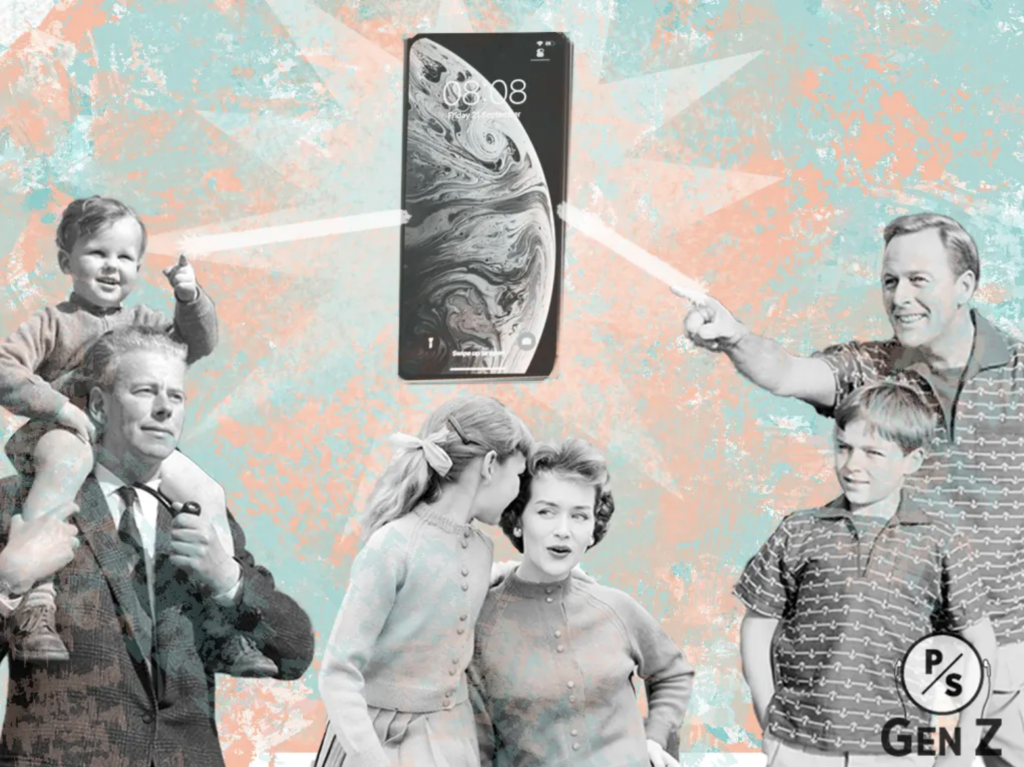Generation Gap: Get to Know the Internet Generation
Every generation has a set of values that shape their culture, worldview, behaviour. These values differ from one generation to another thus creating a generation gap, a different way each generation sees the world around them. Generations usually don’t interact with each other unless within their homes and their immediate family.
The term generation gap first appeared in the 1960s. It was then that American researcher Karl Mannheim studied the differences that separate one generation from the other, that often appear during the transition into adulthood. His research was inspired by American baby boomers, a generation who went against everything their parents taught them, whether it was culture, music, or politics.

Check our upcoming events selected for you:
Generation Gap – Contributing Factors
There are several factors responsible for the separation of one generation from the other. One such characteristic is generation consciousness. Over time every generation realizes that they have a set of specific interests and values, unlike any generation before and after them. This realization often appears in the time of crises, whether those crises are political, social, economic, environmental, or others. This consciousness also leads generations to reshape the world around them to fit their needs and interests.
Another contributing factor to a generation gap is the unique language every generation creates aka slang. Every generation has its slang. Slang is composed of words and phrases invented to connect a certain generation. It is a language that bonds the group together, by inventing words and phrases understandable only to the members of the same group. Slang is temporary and fleeting. It ends with one generation, as the successive one develops its own set of words.

The Influence of Technology
The influence of technology is also an important factor in generation gap creation. Technological advances particularly in the computer and phone segment, made people transform their communication habits. Questioning the predominance of verbal, in-person, and phone convos, the younger generation turns from talking to text and finally filming as the form of communication. As a result, a new tech-savvy generation prefers to use text messages, emails, and social networks for all kinds of interactions, private or business. For example, a study conducted by the National Sleep Foundation showed that 56% of Gen Z members and 42% of Gen Y, preferred to read text messages before bed, while only 15% of Generation X and 5% of Baby Boomers did the same. This communication shift has led people to develop a system of shortening words similar to old typography. Ðbbrevations are complemented with visual forms such as emojis and gifs to convey the message quickly and accurately. The new, technology-inspired fun, and quirky language, serves as a cohesive force that brings peers together, while simultaneously creating a language barrier between them and their parents and grandparents.
Generation Gap and the Working Sector
The generation gap is visible in the business sector and the way people from disparate generations view their business environment, working habits, etc. For example, millennials are known to struggle to get a job. They often search for better jobs with more requirements early on. Also, this group of people is particularly in need of positive feedback because they are used to standardized tests and education that provided them with constant praise.
That’s why in adulthood, they search for their bosses’ approval a lot more than any other age group. Needless to say, generations differ in their knowledge of work-related technology. The young feel a lot more confident using technology in their everyday business assignments, which gives them an upper hand in the jobs where technology is required. However, there are negative consequences of the vast technology use among the younger generations. The 2010 study shows that over-reliance on technology has made people anxious about face-to-face conversation, simultaneously making it harder for them to pick up cues.

Understanding The Internet Generation
The youngest generation has been in many ways shaped by the continuous use of the Internet. Even though the World Wide Web had a drastic influence on the way millennials were raised as well, the Internet has never been more available, more instant and more integrated into everyday life than today. If you want to learn more about the youngest generation that is coming of age as we speak, sign up for our talk Worlds Apart: A Generation Divided, which will take place online on October, 26th 2021 from 6 pm to 7 pm BST. Our speaker Jordana Belaiche will introduce you to the humour, the culture and political views, or the generation shaped by the constant streams of information.

Leave a Reply